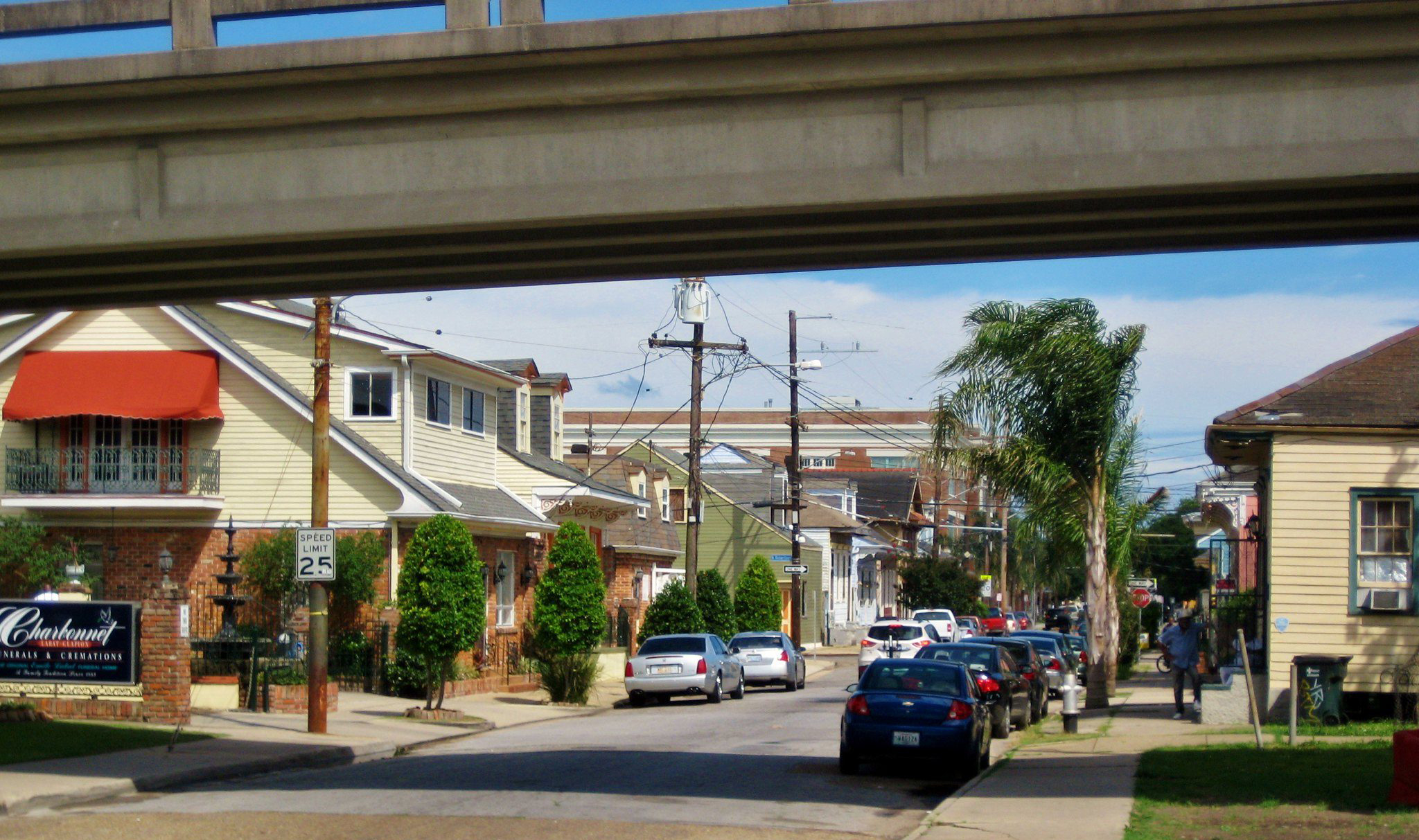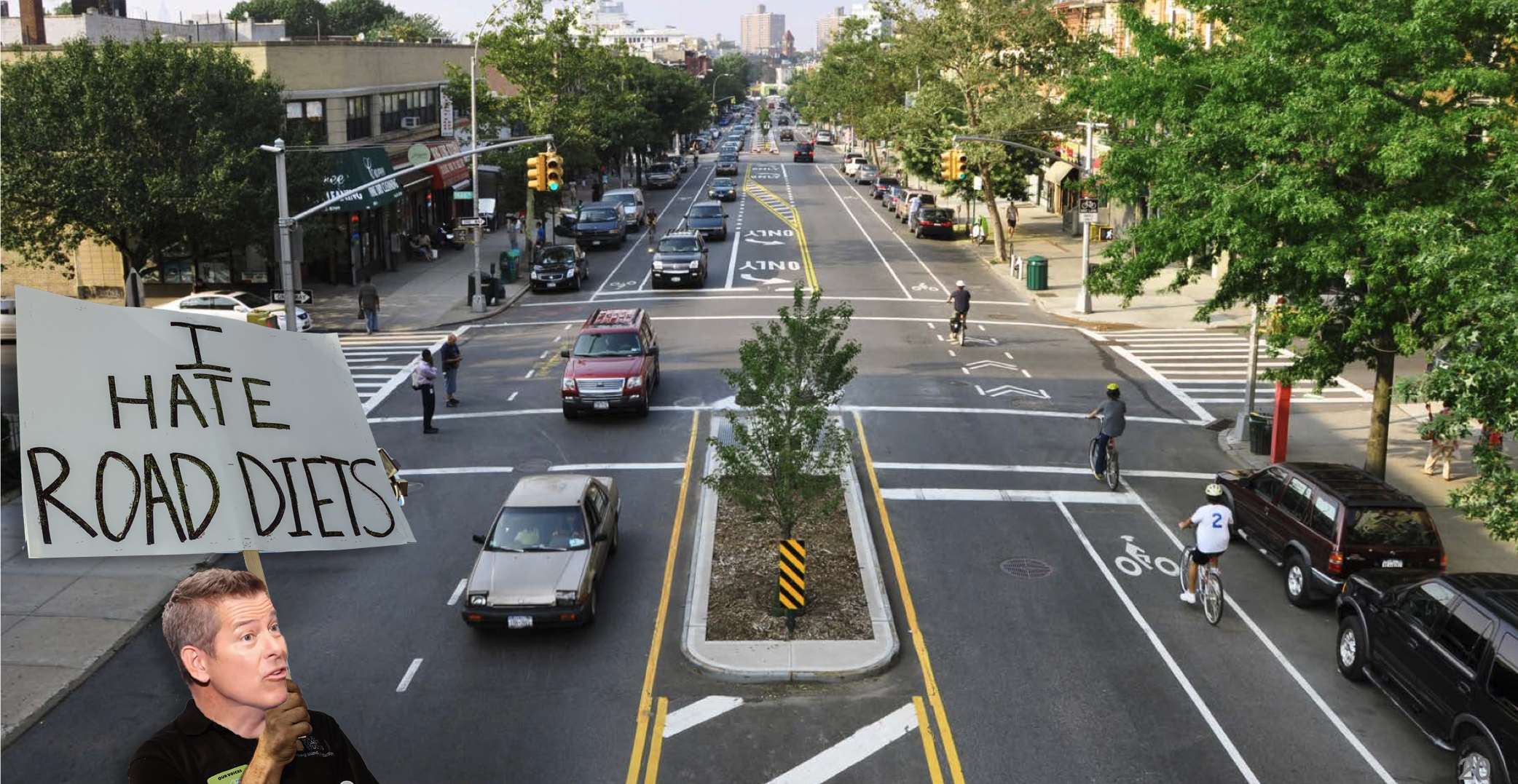Congress has five days in which to pass an extension of transportation funding. That means there will be a flurry of activity on the Hill this week to avoid a shutdown of federal transportation programs on April 1. (It also means there will be a flurry of "April Fools" references directed by and at opposing political parties on the House and Senate floors.)

Just to remind everyone where things stand, the Senate has passed, in a 74-22 vote, a two-year transportation bill that the House GOP doesn't like. Meanwhile, the House has offered up a 90-day extension of current funding that Senate Democrats don't like. House Republicans are expected to use their extension to buy time for their five-year bill that almost nobody likes.
The House leadership will make its first attempt to pass the 90-day extension today. Technically, since the bill isn't on the schedule yet, the vote would be "under suspension of the rules," and require a two-thirds majority to pass, or 290 votes. The Republicans only control 244 seats, so for the bill to pass today, at least 46 Democrats would have to support it.
Why wouldn't the Democrats support it? Because they don't want to be seen as withdrawing their support for the Senate bill. But if the extension doesn't pass today, House Republicans will try to paint the Democrats as supporting a government shutdown, and the House would still bring the bill up later in the week.
But that creates a new wrinkle, because, according to Politico, the Senate is working on a shorter extension, maybe as short as 45 days, to protect its larger bill. If the House's extension doesn't pass today, that means there would be very little time to reconcile two extensions of different lengths, after all the Senate's procedural votes are done with.
Why the desire for a shorter extension? Because every extension eats away at the Senate bill's value as a long-term reauthorization measure. The Senate's two-year bill would go into effect retroactively to September 30, 2011, meaning that even if it were to be signed into law tomorrow, it will only be in effect for 18 months. Tack on a 90-day extension, and what is nominally a two-year bill would in reality be a 15-month bill. Another 90 day extension to the August recess would reduce the Senate bill to little more than a one-year deal, and any extensions beyond that would effectively kill the Senate bill altogether.
So, to recap: The fight between the House and Senate right now has likely boiled down to a fight between a 90-day extension and a 45-or-60-day extension. Five days remain on the clock and anything can change on a dime, minute to minute. Stay tuned.




